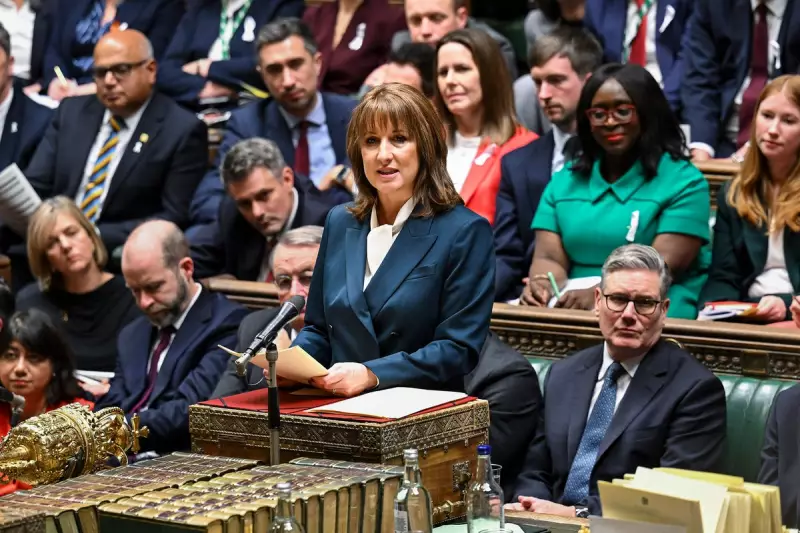
Chancellor Rachel Reeves has delivered a Budget that sharply divides generations, protecting pensioners with generous increases while implementing stealth taxes that disproportionately affect working people.
The Pension Protection Promise
In her Budget announcement, the Chancellor reaffirmed commitment to the triple lock on state pensions, guaranteeing pensioners an inflation-busting 4.8% increase worth approximately £575 extra next year. The controversial policy ensures pensions rise by the highest of three measures: average earnings growth, Consumer Price Index inflation, or 2.5%.
This substantial boost comes despite widespread criticism of the triple lock's fiscal sustainability, particularly as Britain's population ages rapidly. The move appears designed to appease pensioner voters after the government faced backlash over winter fuel payment cuts.
Workers Bear the Brunt
While pensioners receive protection, working-age adults face multiple financial hits. Salary sacrifice pension schemes have been targeted for additional taxes, affecting those who are responsibly saving for their retirement. This represents a bitter irony for many workers, as private pension savings ultimately reduce future government costs.
The Chancellor has also implemented what critics call "the ultimate stealth tax" by freezing income tax thresholds. As wages increase, hundreds of thousands of workers will find themselves dragged into higher tax bands, effectively seeing their pay rises diminished by the Treasury.
ISA Changes Highlight Generational Divide
The Budget introduces significant changes to Individual Savings Account rules that further highlight the generational split. Working-age adults will see their cash ISA allowance cut by £8,000, with the overall £20,000 annual limit maintained but requiring anything above £12,000 to be invested in stock markets.
Pensioners receive complete exemption from these new restrictions, maintaining their full cash ISA privileges. The government justifies this by citing pensioners' need for low-risk savings vehicles, though critics point to numerous low-risk investment funds that could serve the same purpose while supporting British businesses.
This preferential treatment has sparked accusations of vote-grubbing, given that pensioners traditionally turn out to vote in higher numbers than younger demographics. The policy continues a trend established under George Osborne's austerity measures, where pensioners were protected from cuts that affected other groups.
The Looming Retirement Tax
A potentially significant consequence of the generous pension increases is the approaching "retirement tax" threshold. With the state pension rising rapidly while the personal tax allowance remains frozen at £12,570, another substantial increase could push pension incomes above the tax-free limit.
This creates a political dilemma for the Chancellor, who may face pressure to exempt pensioners from this tax hit, potentially transferring the burden back onto working people. The situation underscores the growing intergenerational tensions in Britain's tax and benefits system.
As one commentator noted, while workers have their pockets picked, pensioners continue to enjoy benefits that successive governments have been reluctant to touch, despite repeatedly telling other groups that "there is no money."





